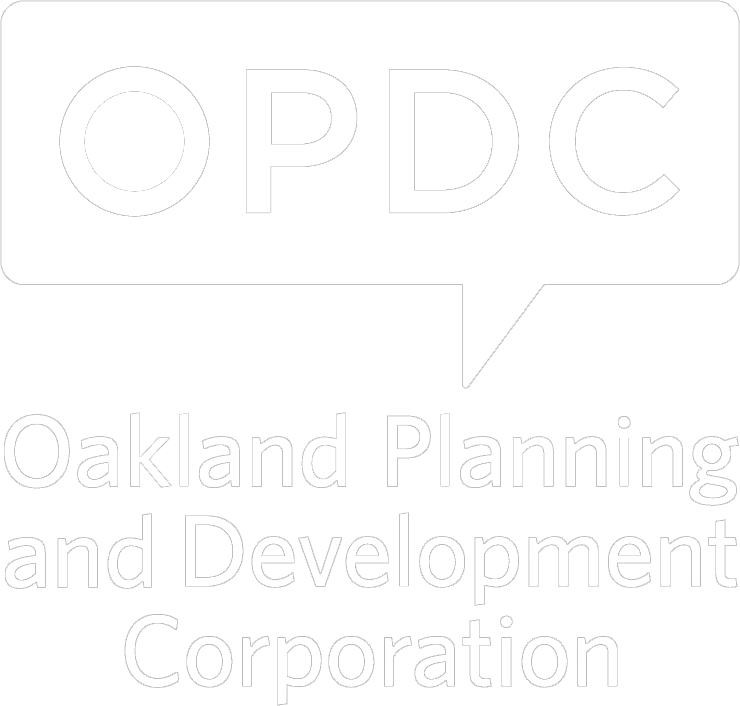A new school year is beginning—and Liz Gray, Neighborhood Quality Consultant at OPDC, is ready. Here are her insights for getting plugged into the quality-of-life scene.
This piece was originally featured in Oakland Together, a monthly newsletter mailed to older Oakland residents.
“Oakland is on the rise,” says Gray. “We have better capabilities to work with landlords and report concerns than we did five years ago.”
Each year, Oakland welcomes a fresh crop of students new to living on their own, so there is a need to educate them about being a good neighbor.
“Neighborhood quality is for everyone,” says Gray. “We’re not asking anyone to do anything that is above and beyond—containing trash, cutting grass. It’s an education… adult 101!”
Oakland residents can come to OPDC if they are concerned about neighborhood quality.
“I can be your voice and amplify your voice,” says Gray. “I’m happy to show you how to file a 311 concern. Become a squeaky wheel.”
Do you want to be more involved in neighborhood quality? Attend meetings like Oakwatch: The Oakland Code Enforcement Project. OPDC provides staff support to Oakwatch to help residents address concerns and coordinate with our enforcement partners.
“We’re a community—a family. Everybody who lives here has a responsibility for each other.”
File a 311 Concern
All calls to 311 are answered by a live operator from 8:00 a.m. to 6:00 p.m., Monday through Friday. In the City of Pittsburgh, dial 3-1-1.
Oakwatch meets quarterly on the third Wednesday of the month at 7 p.m. The next meeting is September 21. Liz Gray can be reached at lgray@opdc.org and 412.335.0933.






